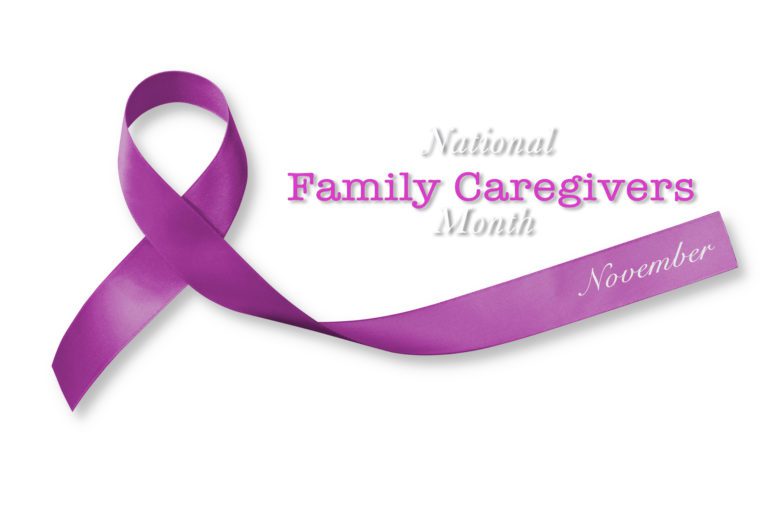As our loved ones age, ensuring their well-being becomes a priority. For many families, the question of whether to opt for 24-hour senior care for their parents can be both challenging and emotionally taxing. Making this decision requires careful consideration of various factors that influence the physical, emotional, and financial aspects of their lives.
Table of Contents
- Factors to Consider Before Opting for 24-Hour Senior Care
- Exploring the Benefits of 24-Hour Senior Care Services
- Different Types of 24-Hour Senior Care Options
- Addressing Common Concerns About 24-Hour Senior Care
- Making an Informed Decision: Assessing Your Parent’s Specific Needs
- Communicating with Your Parent:
- Conclusion:
Factors to Consider Before Opting for 24-Hour Senior Care
Physical and Mental Health Assessment
Before choosing 24-hour senior care, it’s crucial to assess your parent’s physical and mental health requirements. Understanding their medical needs and any specific conditions they might have will help determine the level of care they require.
Learn More: Support Seniors with Mental Health
Financial Considerations and Insurance Coverage
Finances play a pivotal role in the decision-making process. Assessing your parent’s financial resources and exploring insurance coverage options will provide a clearer understanding of the affordability of long-term care services.
Proximity to Family and Community Support
The proximity of family members and community support networks can significantly impact the emotional well-being of your parent. Understanding the importance of social connections and a familiar environment is essential for their overall happiness and comfort.
Exploring the Benefits of 24-Hour Senior Care Services
Learn More: 24 Hour Home Caregiver
Comprehensive Medical Support and Supervision
One of the primary advantages of 24-hour senior care is the continuous medical support and supervision provided by trained professionals. This round-the-clock attention ensures that your parent’s health needs are promptly addressed, minimizing the risk of medical emergencies.
Emotional Comfort and Companionship
Apart from physical care, 24-hour senior care services offer emotional support and companionship to your parent. The presence of caregivers fosters a sense of companionship, reducing feelings of isolation and loneliness, and promoting emotional well-being.
Assistance with Daily Activities and Personal Care
Senior care services assist with daily activities and personal care, such as bathing, grooming, and meal preparation. These services ensure that your parent’s daily needs are met, promoting a sense of independence and dignity.
Learn More: What You Need to Know About Assisted Living
Different Types of 24-Hour Senior Care Options
In-Home Care Services
In-home care services allow seniors to receive professional assistance while remaining in the comfort of their homes. This option provides a familiar environment and preserves a sense of independence.
Assisted Living Facilities
Assisted living facilities offer a balance between independence and professional care. These communities provide various amenities and social activities while ensuring access to assistance whenever needed.
Nursing Homes
Nursing homes cater to seniors with complex medical needs who require intensive care and supervision. These facilities provide skilled nursing services and 24-hour medical support for individuals with serious health conditions.
Addressing Common Concerns About 24-Hour Senior Care
Maintaining Independence and Dignity
Many seniors worry about losing their independence and dignity in a care facility. It’s important to choose a senior care option that promotes independence and respects their dignity, ensuring they maintain control over their daily lives as much as possible.
Ensuring Safety and Security
Seniors and their families often have concerns about safety and security in care facilities. Selecting a reputable senior care provider that prioritizes safety measures and offers a secure living environment is crucial for peace of mind.
Managing Emotional Well-being
Emotional well-being is paramount for seniors transitioning into 24-hour care. A supportive and compassionate caregiving environment that emphasizes social engagement and emotional support is vital for their overall happiness and well-being.
Making an Informed Decision: Assessing Your Parent’s Specific Needs
Understanding the Level of Assistance Required
Assessing the specific needs of your parent, including their medical requirements and assistance with daily activities, will help determine the most suitable type of 24-hour senior care.
Evaluating Comfort and Familiarity
Considering your parent’s comfort and familiarity with the chosen care option is crucial. Opting for an environment that aligns with their preferences and offers a sense of familiarity can ease the transition and promote a positive experience.
Considering Long-Term Care Plans
When considering 24-hour senior care, it’s essential to factor in long-term care plans and the potential progression of your parent’s health needs. Choosing a flexible care option that can adapt to changing requirements is key to ensuring continued quality of life.
Communicating with Your Parent:
Emphasizing the Importance of Their Comfort and Well-being
Involving your parent in the decision-making process reinforces their sense of autonomy and value. Communicating the importance of their comfort and well-being can help them feel respected and heard throughout this significant transition.
Addressing Their Concerns and Preferences
Encouraging open communication about their concerns and preferences fosters a supportive and transparent environment. Acknowledging their fears and actively addressing any misconceptions can help alleviate anxieties and build trust in the decision-making process.
Conclusion:
In conclusion, the decision to opt for 24-hour senior care for your parent requires thorough consideration and planning. By understanding their specific needs, involving them in the decision-making process, and choosing a reputable senior care provider, you can ensure their well-being and happiness in their later years.






